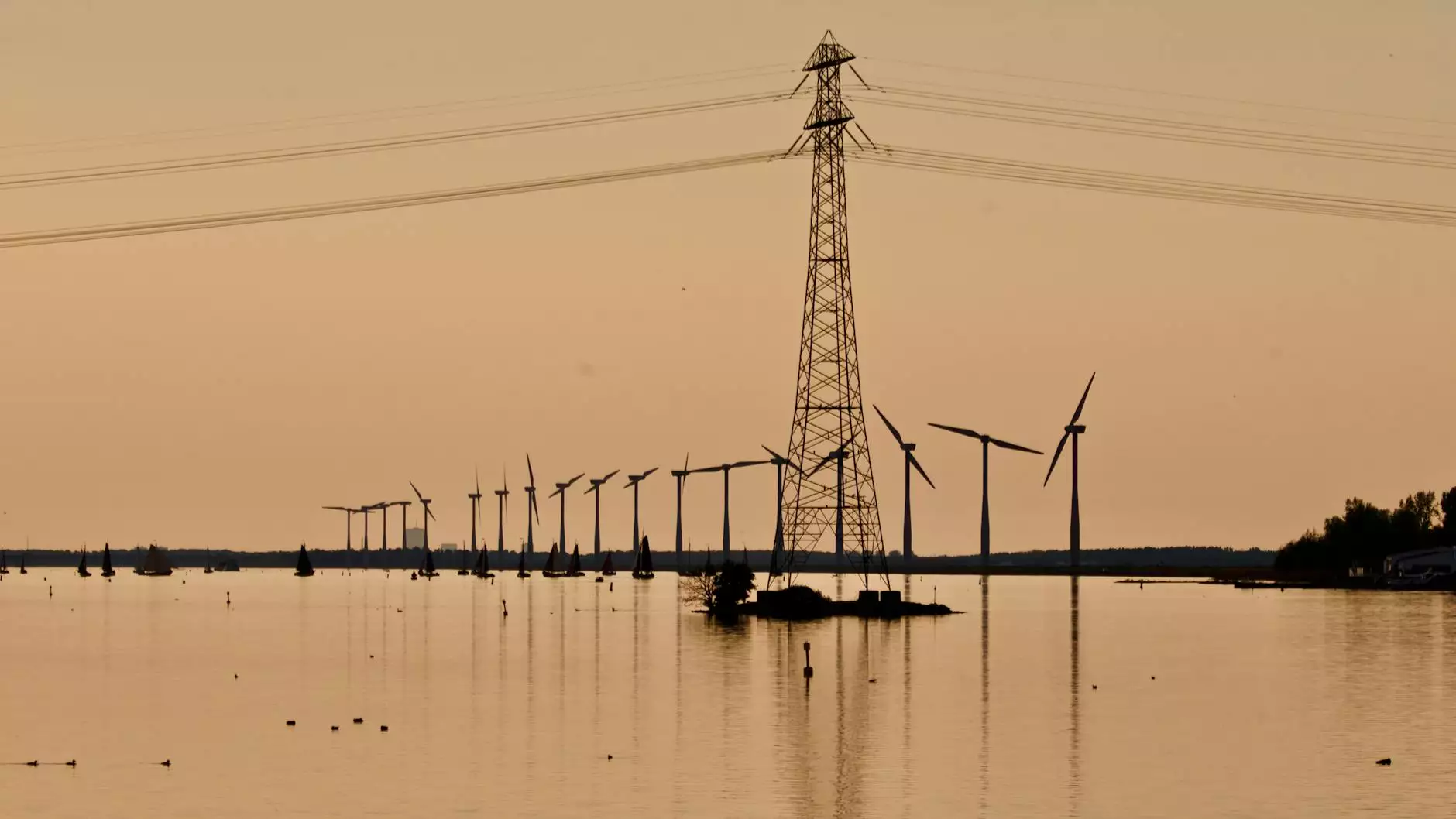Transform Your Environment with Expert HVAC Solutions

Heating and air conditioning systems are essential for maintaining comfort in homes and businesses, especially in extreme weather conditions. Selecting the right HVAC system and service provider can greatly enhance your quality of life. This article delves into the intricacies of HVAC services, ensuring you have all the information needed to make informed decisions for heating, ventilation, and air conditioning needs.
Understanding HVAC Systems
The term HVAC stands for Heating, Ventilation, and Air Conditioning. Each component plays a significant role in creating a comfortable indoor environment:
- Heating: This involves systems that raise the temperature in a space. Common heating systems include furnaces, heat pumps, and electric heaters.
- Ventilation: This ensures a continuous flow of fresh air into your space, removing indoor air pollutants and maintaining air quality.
- Air Conditioning: This is responsible for lowering the temperature, providing relief during hot weather through various systems like central air, ductless mini-splits, and window units.
Importance of Regular Maintenance
Regular maintenance of your HVAC system is crucial for efficiency and longevity. Here are the key benefits of scheduling regular maintenance:
- Increased Efficiency: A well-maintained system operates more efficiently, leading to lower energy bills.
- Enhanced Lifespan: Regular check-ups can extend the life of your HVAC system, saving you money on premature replacements.
- Better Air Quality: Maintenance includes changing filters and cleaning ducts, which improves indoor air quality.
- Fewer Repairs: Routine service identifies potential issues before they escalate into costly repairs.
Selecting the Right HVAC System
Choosing the right HVAC system involves considering various factors:
1. Assessing Your Space
Understanding the size and layout of your home or business is critical. A space that’s too big will lead to inefficiencies, while a space that’s too small may not adequately heat or cool. Consider an HVAC professional’s help for accurate calculations.
2. Energy Efficiency Ratings
Look for systems with high energy efficiency ratings. The Seasonal Energy Efficiency Ratio (SEER) for air conditioners and the Annual Fuel Utilization Efficiency (AFUE) for furnaces provide insight into system efficiency.
3. Budget Considerations
Establish a budget that includes installation, maintenance, and operational costs. While some high-end systems may have a larger upfront cost, they can save money in the long run through energy savings.
Professional Installation Matters
Even the best HVAC system needs professional installation. A qualified technician ensures that your system is set up correctly and operates efficiently. Installation mistakes can lead to decreased performance and higher energy bills. When seeking installation services, verify the following:
- Licensing and Insurance: Ensure the contractor is licensed and carries insurance to protect you from liability.
- Experience: Research the contractor’s experience with your chosen system type.
- Warranty: Understand what warranty options are available for both equipment and labor.
Heating Options for Every Home
When it comes to heating, there are several options available:
1. Furnaces
Gas and electric furnaces are common heating solutions. They are efficient and can heat your entire home rapidly.
2. Heat Pumps
Heat pumps are versatile systems that provide both heating and cooling. They transfer heat rather than generating it, making them an energy-efficient choice.
3. Radiant Heating
Radiant heating provides warmth directly through the floor or panels, creating a comfortable environment.
Cooling Your Space with Air Conditioning
For cooling, several air conditioning options are available:
1. Central Air Conditioning
This is the most common method for whole-home cooling, utilizing ducts to distribute cooled air.
2. Ductless Mini-Split Systems
These systems consist of an outdoor compressor and indoor units, allowing for customized cooling without ductwork.
3. Window Units
Economical and easy to install, window units provide cooling for specific rooms.
Energy Savings and Efficiency Tips
Maximize the efficiency of your HVAC system with these tips:
- Programmable Thermostats: Use programmable thermostats to regulate heating and cooling based on your schedule.
- Seal Ducts: Ensure ducts are sealed properly to prevent loss of conditioned air.
- Regular Filter Changes: Change filters regularly to maintain airflow and system efficiency.
Environmental Considerations in HVAC
The HVAC industry is continuously evolving towards more environmentally friendly practices, incorporating energy-efficient systems and refrigerants that have less impact on the environment. Consider the following:
- Energy Star Ratings: Look for systems with Energy Star ratings that meet environmental sustainability criteria.
- Recycling and Disposal: Ensure old HVAC equipment is disposed of properly to minimize environmental impact.
Conclusion: Choose Excellence in HVAC Services
Investing in quality HVAC services is crucial for comfort, efficiency, and environmental responsibility. Whether you need new heating or air conditioning installations, routine maintenance, or improvements to your existing systems, choosing a skilled and reputable service provider is essential.
Embrace comfort today! For the best HVAC solutions, visit dihaairconditioning.com and take the first step towards optimizing your indoor environment.
https://dihaairconditioning.com/








